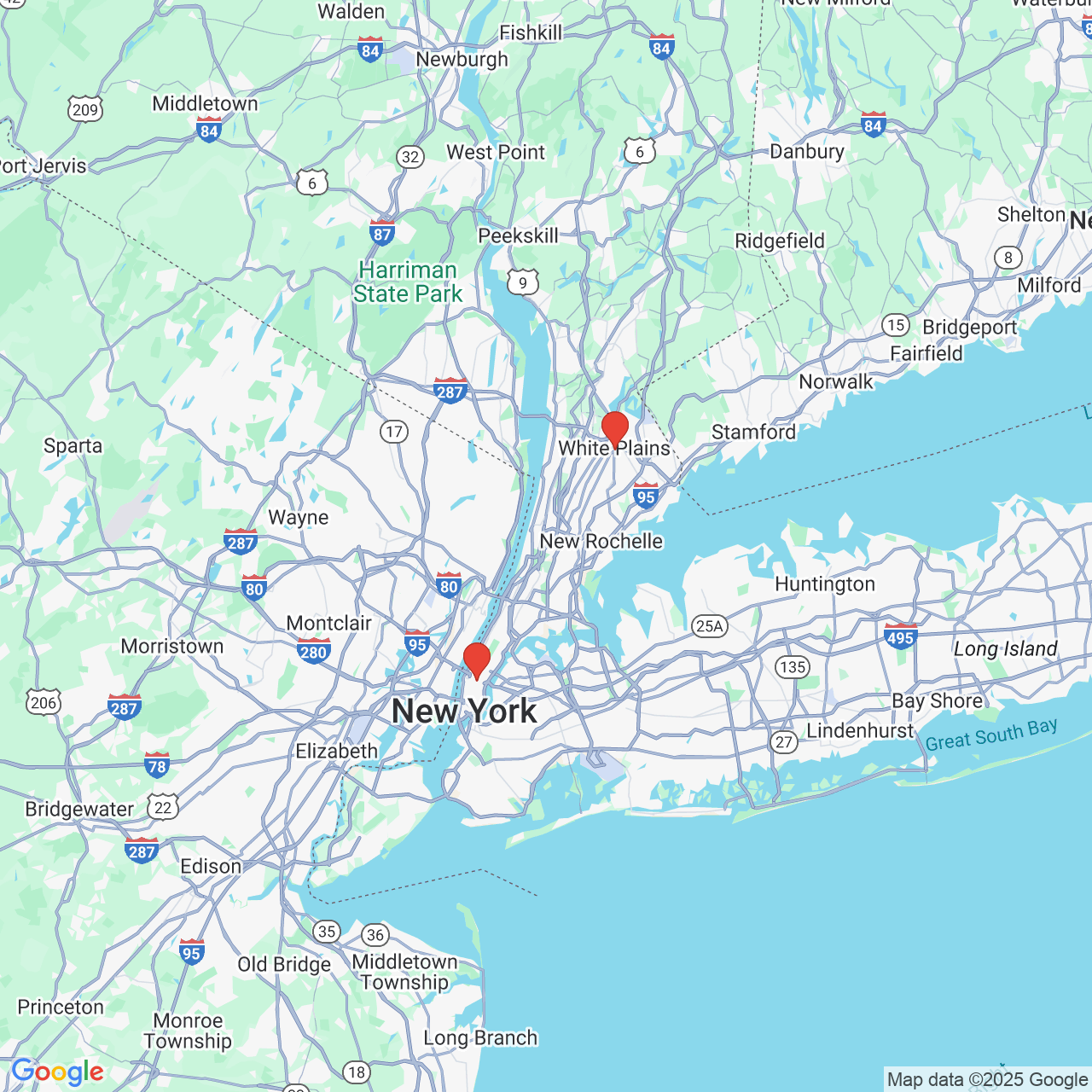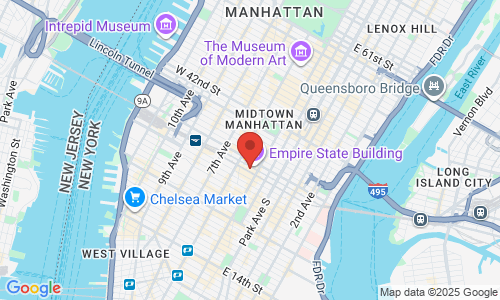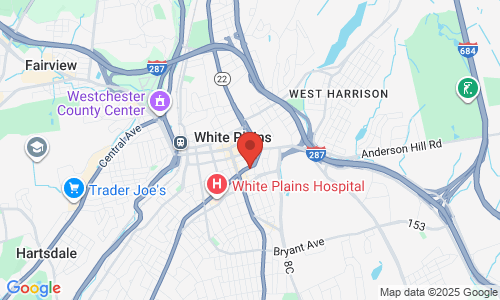The Case For More Transparency In Grand Jury Proceedings
Under New York law, grand jury proceedings are secret and are controlled by the District Attorney whose presentation to the Grand Jury goes unchallenged. Being charged in a grand jury proceeding is a nerve wrenching experience. Even for an innocent defendant, going into the grand jury proceeding is often referred to as going into the lion’s den. While our Westchester Felony lawyers have successfully won several grand jury proceedings which resulted in no true bills in high level assault and firearms cases, the odds are against the defendant.
In New York, the rule is that for a felony case to proceed to a trial, there must be an indictment (unless waived), which means that a group of citizens must hear evidence and agree that there has is reasonable cause to believe that the accused committed a felony. The problem has become there is no supervision over the prosecutor in the proceeding and they can simply choose what evidence to present.
The secret nature and years of abuse of the process has led to well justified calls for more transparency in the system. In a wake of highly publicized grand jury acquittals, the public is finally beginning to learn that prosecutors are controlling the outcome in police misconduct cases by deliberately not presenting evidence and witnesses that contradict the police officers often well rehearsed version of the events. Likewise, in cases where the Defendant chooses not to testify, the prosecutors often refuse to call witnesses or present evidence which shows that the defendant may not be guilty or that their witnesses are being less than truthful. This forces the grand jury to make a decision on less than full information.
Combating and even discovering misconduct by the police and prosecutors in the grand jury is indeed difficult because an accused or the public cannot learn what really happened in the grand jury without a Court Order unsealing the minutes. The only exception is the Rosario Rule, which applies when a witness testifies at trial or in a hearing the prosecutor must provide the defendant with his prior testimony, but not that of witnesses who are not testifying at trial.
Chief Judge Jonathan Lippman this week announced that he is preparing proposals to reform disclosure rules for grand juries to make their work more transparent. The Judge candidly admitted that the current system has caused a low public confidence in the criminal justice system and the courts.
New York Courts require that anyone seeking disclosure of grand jury minutes demonstrate a has a compelling need for the disclosure. There has been a shift in Judicial philosophy though, especially in cases where the accused is acquitted and requests to unseal the grand jury minutes to establish a malicious prosecution action. Our New York City malicious prosecution attorneys have successfully unsealed grand jury minutes for this specific ground on several occasions. Courts are beginning to recognize that while Criminal Procedure Law 190.25 states that grand jury proceedings are secret, the secrecy of grand jury minutes is not absolute. Grand jury minutes may be provided to a civil litigant where there is a compelling and particularized need for access. In each case where the grand jury minutes are sought, the court must balance the competing interests involved, the public interest in disclosure against that in secrecy. Courts generally consider the competing interests involved by analyzing the following factors: (1) prevention of flight by a defendant who is about to be indicted; (2) protection of the grand jurors from interference from those under investigation; (3) prevention of subornation of perjury and tampering with prospective witnesses at the trial to be held as a result of any indictment the grand jury returns; (4) protection of an innocent accused from unfounded accusations if in fact no indictment is returned; and (5) assurance to prospective witnesses that their testimony will be kept secret so that they will be willing to testify freely.In general, where the grand jury proceeding have been concluded, there is no danger of any escape of persons who may be indicted, no interference with the grand jury’s freedom to deliberate, no danger of subornation of perjury and no need to protect any innocent accused person.
Courts have an inherent power to unseal their records when justice demands it and have consistently allowed access to Grand Jury minutes of witnesses who testify in a subsequent civil trial. Interestingly, the Federal Courts have been more willing to unseal grand jury minutes than the State Courts. Courts have permitted civil litigants discovery of grand jury minutes to assist in preparing for a civil false arrest and malicious prosecution action. The rationale is that in both a false arrest and malicious prosecution action, the grand jury indictment creates a rebuttable presumption of probable cause. Since a false arrest or malicious prosecution action requires a lack of probable cause be proven, an indictment is fatal unless it is proven that the indictment was a result of fraud perjury or police misconduct. Obviously, to prove that the indictment was improperly obtained, it is necessary for the New York trial lawyers to prove what actually occurred in the grand jury.
In our attorney’s opinion, it is time to end the era of no disclosure, because more disclosure would improve the ability of those wronged by misconduct in the grand jury to seek redress. Likewise, public rebuke of prosecutors for improper tactics in white washing police misconduct investigations will likely lead to fairness in the process.









